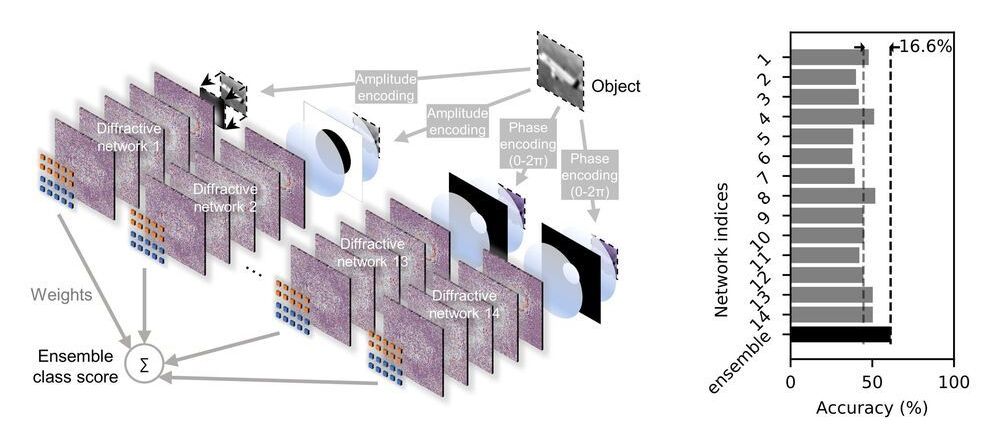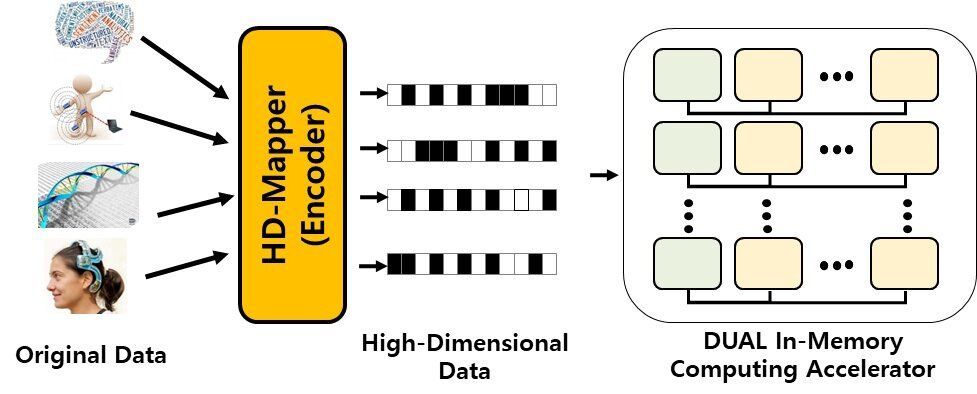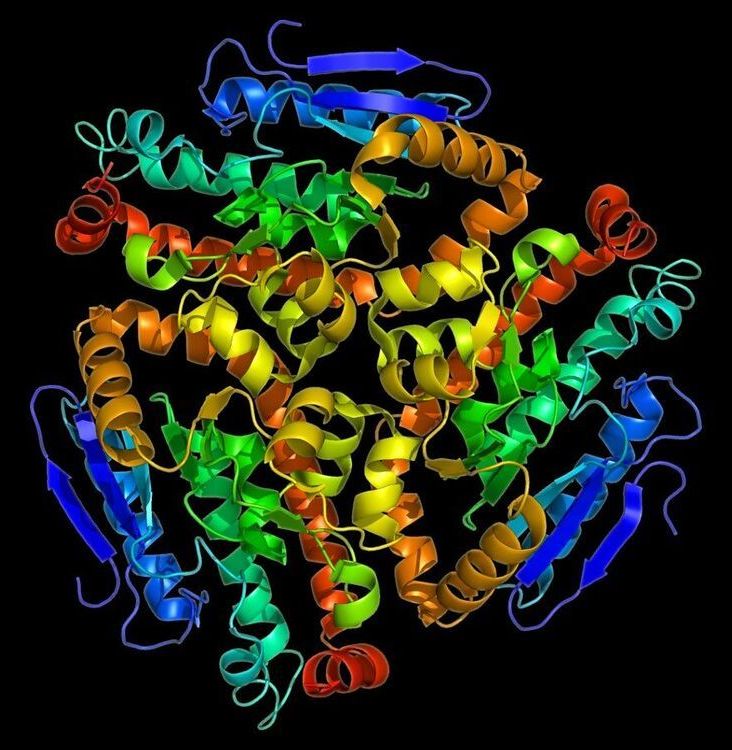The French theoretical physicist Franck Laloë presents a modification of Schrödinger’s famous equation that ensures that all measured states are unique, helping to solve the problem that is neatly encompassed in the Schördinger’s cat paradox.
The paradox of Schrödinger’s cat – the feline that is, famously, both alive and dead until its box is opened – is the most widely known example of a recurrent problem in quantum mechanics: its dynamics seems to predict that macroscopic objects (like cats) can, sometimes, exist simultaneously in more than one completely distinct state. Many physicists have tried to solve this paradox over the years, but no approach has been universally accepted. Now, however, theoretical physicist Franck Laloë from Laboratoire Kastler Brossel (ENS-Université PSL) in Paris has proposed a new interpretation that could explain many features of the paradox. He sets out a model of this possible theory in a new paper in EPJ D.
One approach to solving this problem involves adding a small, random extra term to the Schrödinger equation, which allows the quantum state vector to ‘collapse’, ensuring that – as is observed in the macroscopic universe – the outcome of each measurement is unique. Laloë’s theory combines this interpretation with another from de Broglie and Bohm and relates the origins of the quantum collapse to the universal gravitational field. This approach can be applied equally to all objects, quantum and macroscopic: that is, to cats as much as to atoms.









